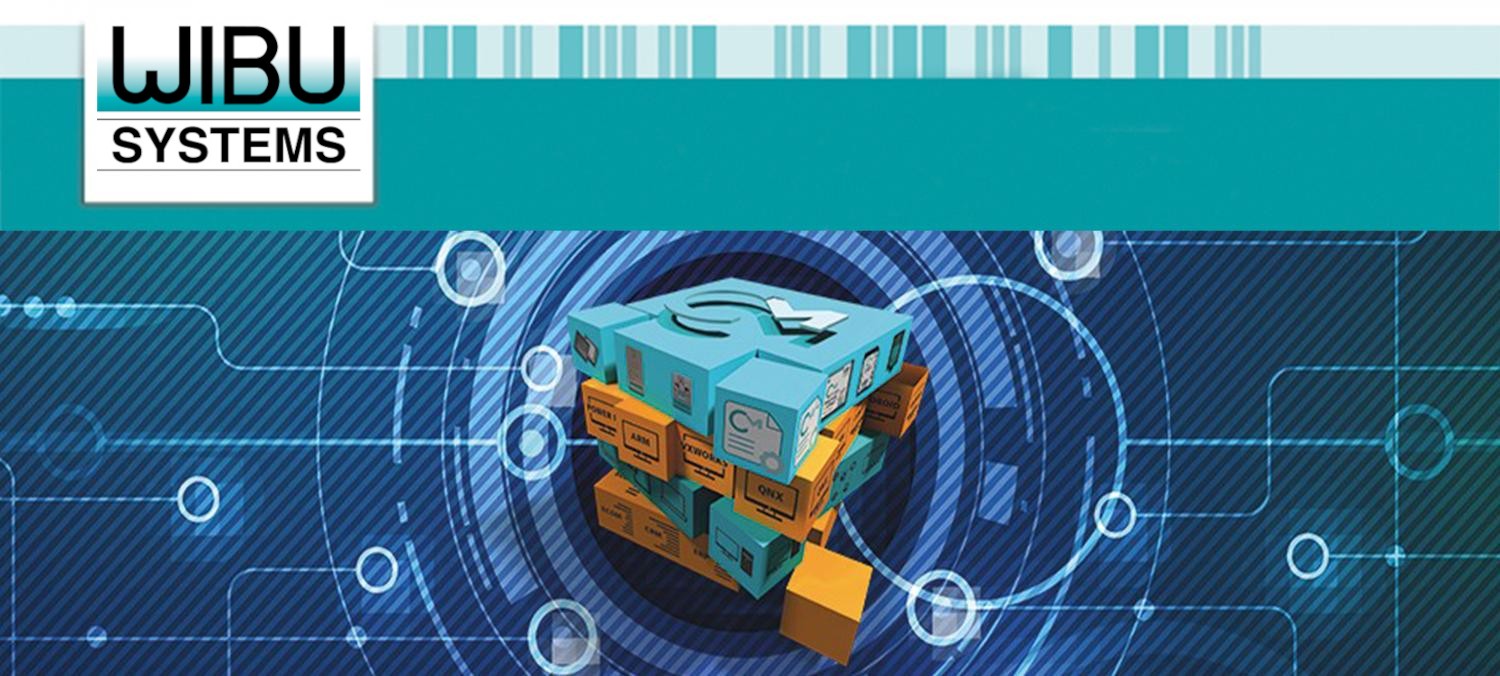Sophisticated industrial diagnostic tools require sophisticated IP protection tools

Smart factories encompass the digitization of virtually every part of the manufacturing system, employing a host of emerging technologies, such as artificial intelligence, virtual reality, digital twins, and machine learning. With the Industrial Internet at its core, smart factories generate massive amounts of data produced by connected sensors, actuators, motors, controllers, PLCs, and most every other device or equipment found on the shop floor. The rate and efficiency of the necessary communication between these connected systems and massive data networks are almost mind boggling.
And while these technologies are evolving and being put into practice so rapidly, there is little commonality in frameworks, languages, and baseline understanding on how all these technologies should interoperate. This places a great burden on smart factory owners, designers, and operators, as downtime in their processes translates into financial loss. As manufacturing undergoes this major transformation, it is just as challenging for suppliers to stay in sync with their customers. It may require them to alter the way they do business – perhaps it could require changes in the way they package, price, and even deliver their solutions.
For example, take the case of PROCENTEC, a Dutch supplier of innovative solutions, training, and consultancy services to the industrial automation market. With monitoring hardware and intelligent software solutions for predictive industrial network diagnostics, PROCENTEC is focused on ensuring that the next generation of connected industrial networks operate with the necessary integrity, stability, and reliability. As the manufacturing technology environment gets more sophisticated so do the tools required to keep everything running.
PROCENTEC’s diagnostic solutions bring unique insights about the health of the industrial network and provide a platform for monitoring and troubleshooting older and newer industrial networks operating side by side. Because of the increasingly sophisticated Intellectual Property invested in their solutions, PROCENTEC was on high alert to prevent IP theft and unauthorized use of their technology. They also began to consider new sales models for packaging and selling their solutions. Looking ahead, they recognized that their proprietary protection and licensing solution would not be up to the task, and they began looking for an external solution.
Matthew Dulcey, PROCENTEC’s CTO, said: "We don’t like to see the knowledge and experience we put into software development being misused by other parties. Initially, we were looking for a stronger method that would protect our software from intrusion and unauthorized use.”
PROCENTEC decided on Wibu-Systems’ CodeMeter software protection, licensing, and security technology and, in conjunction with the Wibu consulting team, built a custom solution around a core of soft-license containers (CmActLicenses) and the Datacenter Edition of CodeMeter License Central, hosted in the safe and reliable environment of a shared server in Wibu-Systems dedicated data center. This version of License Central enables up to 1500 license activations and deactivations each month. To make it impossible for malicious parties to extend the lifespan of licenses, CodeMeter incorporates an internal virtual clock that runs independently of the computer’s clock. The two are synchronized for each CmActLicense with CodeMeter checking the validity of the license against the internal clock.
Additionally, demo and trial licenses as well as rental licenses can be created as time-limited licenses. CodeMeter relies on an innovative method which protects licenses against time tampering on the computer.
With CodeMeter’s built-in licensing options, PROCENTEC now also has the ability to introduce new sales models to extend their leadership in the fast-evolving world of industrial automation. Trial, demo, and rental plans are now an option.
Matthew Dulcey added: “We found out that CodeMeter offers more than just the minimal protection of the source code, which we used to apply earlier on. In addition, we are thinking of introducing a license management system that would allow clients to only be invoiced for used packages from a bundle of purchased licenses – this is something Wibu-Systems can offer that our original license system could not.”
You can read the complete case study here.


